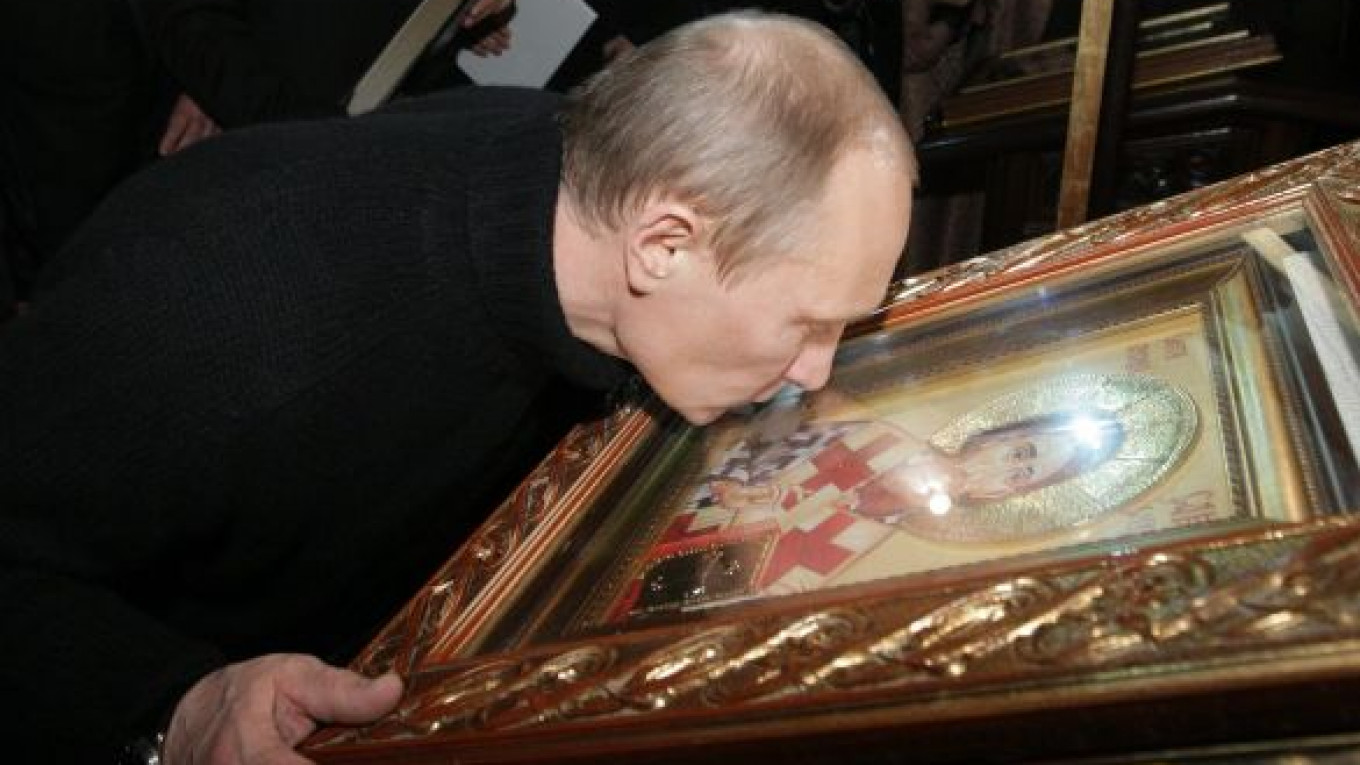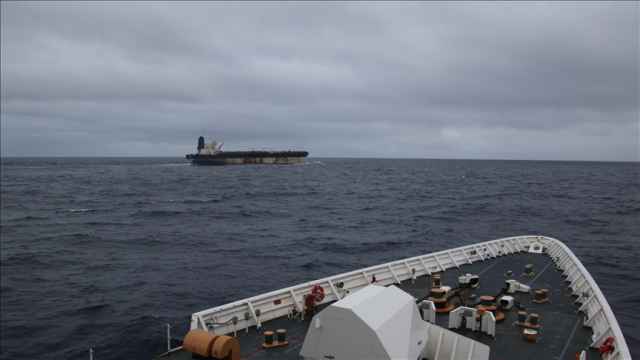Foreign investors will enjoy more freedom from bureaucracy when buying into strategic natural resource companies under legislation that the government is considering, Prime Minister Vladimir Putin said Friday.
A proposal by the Federal Anti-Monopoly Service, he said, would allow international investors to buy up to 25 percent of oil, gas and metals producers that own major deposits without having to get permission from the Russian government.
Currently, the threshold is 10 percent.
"Worldwide competition for investment has grown considerably," Putin said in announcing the planned change.
The proposal is part of the second package of amendments to the law on foreign investment in strategic industries that requires major deals to receive approval from a special government commission chaired by the prime minister.
Putin, speaking Friday at a session of the commission, didn't say when the Cabinet would review the package, which has to happen before it is sent to the State Duma for approval.
Strategic deposits are defined per type of resource and include oil of 70 million metric tons or more, 50 billion cubic meters of gas or 50 metric tons of gold. Other metals, such as uranium, are on the list regardless of the size of the deposit. Gazprom, Rosneft, LUKoil, Novatek and Norilsk Nickel are some of the companies covered by the law.
Should the amendment become part of the law, France's Total would not have to ask permission to buy a 20 percent stake in the Novatek-controlled company that wants to develop a huge field in Yamal to produce liquefied natural gas.
That said, foreign investors tend to seek Putin's approval anyway in major resource deals. Total and Novatek received his blessing when they agreed on their Yamal LNG partnership earlier this month.
The State Duma has already given initial approval recently to the first package of amendments to the foreign investment law, which would remove the need for foreign companies to gain government permission to take any size stake of a private bank or participate in additional share issues of any company as long as such a purchase doesn't change the foreign investor's overall share.
Putin said foreigners directly invested $40 billion in Russia last year, referring to PepsiCo and Sanofi-Aventis as examples. He said the figure represented a modest growth over the previous year.
This figure is at odds with a statement by Finance Minister Alexei Kudrin last month that said foreign direct investment, or FDI, fell 50 percent last year from the year before, to $14 billion at best. The State Statistics Service said last month that FDI slid 13 percent to $14 billion last year.
Gross domestic product rose 4 percent last year, making the country an attractive target for capital, Putin said. The government's goal is for foreign investment to grow to the pre-crisis level of at least $60 billion in the "near future," he said.
The commission on foreign investment approved an acquisition by French engineering giant Alstom of 25 percent plus one share in railcar maker Transmashholding from its owners, including Andrei Bokarev and Iskander Makhmudov. The purchase will make possible future investment into the upgrade of the Tver Railcar and Bryansk Machine Building plants.
Russian Railways will keep its blocking interest in Transmashholding.
A Message from The Moscow Times:
Dear readers,
We are facing unprecedented challenges. Russia's Prosecutor General's Office has designated The Moscow Times as an "undesirable" organization, criminalizing our work and putting our staff at risk of prosecution. This follows our earlier unjust labeling as a "foreign agent."
These actions are direct attempts to silence independent journalism in Russia. The authorities claim our work "discredits the decisions of the Russian leadership." We see things differently: we strive to provide accurate, unbiased reporting on Russia.
We, the journalists of The Moscow Times, refuse to be silenced. But to continue our work, we need your help.
Your support, no matter how small, makes a world of difference. If you can, please support us monthly starting from just $2. It's quick to set up, and every contribution makes a significant impact.
By supporting The Moscow Times, you're defending open, independent journalism in the face of repression. Thank you for standing with us.
Remind me later.






